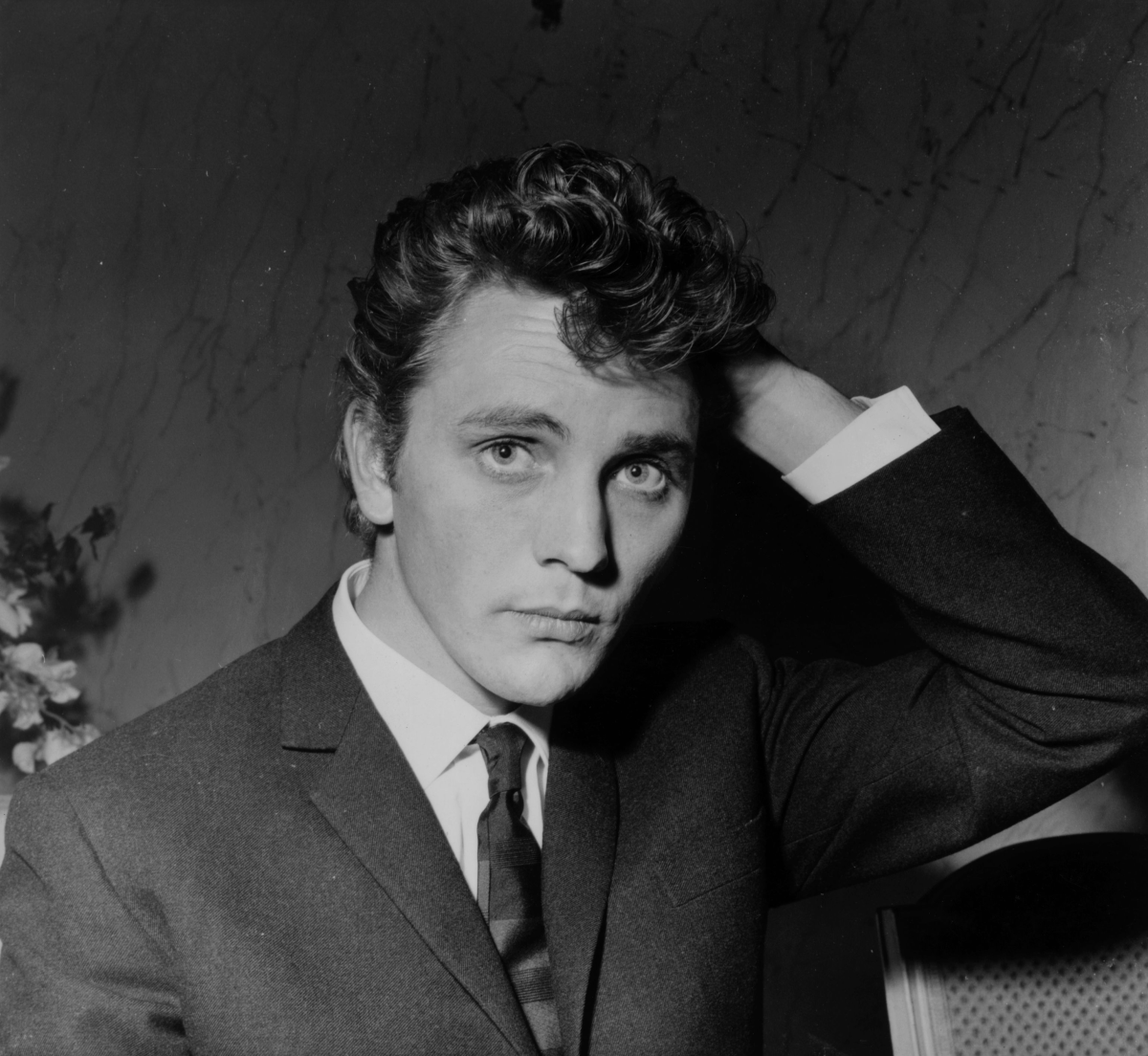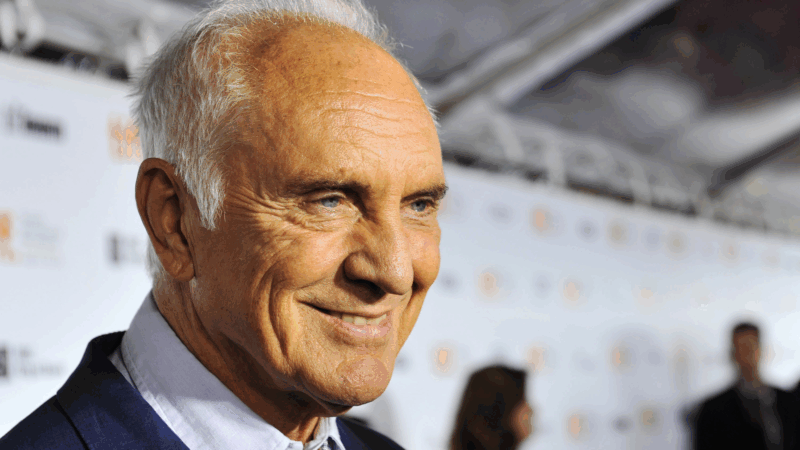Terence Stamp, ’60s British film legend and star of ‘Superman,’ dies at 87
Terence Stamp, the British heartthrob whose performance as the arch-villain in early Superman films and as the title role in Billy Budd won critical praise, died on Sunday. He was 87.
A representative for Stamp confirmed his death to NPR, but did not specify the cause.
“He leaves behind an extraordinary body of work, both as an actor and as a writer that will continue to touch and inspire people for years to come,” Stamp’s family wrote in a statement.
Often associated with the Swinging ’60s, Stamp became a sought-after actor for both his distinctive good looks and the versatility of his performances, portraying everything from a humble sailor to shadow-haunted super-villains. The Guardian dubbed him the “master of the brooding silence,” yet he resisted ever being typecast by taking creative risks and leaning into his range.
He played a road-tripping transgender woman in The Adventures of Priscilla, Queen of the Desert. Writing in 1994, when the film was released, critic Roger Ebert said: “At the beginning of the film we’re distracted by the unexpected sight of Terence Stamp in drag, but Stamp is able to bring a convincing humanity to the character.”
Stamp once said about playing the drag queen: “I was incredibly frightened about it — it’s not anything I have ever done, but I happened to be having an afternoon tea with a fellow actress who was a very wise woman and she was flicking through my script and told me to do it.”
It grossed $16 million in the Australian box office, notched the Oscar for best costume design and became one of the generation’s most iconic Australian films.
Born in East London, the son of a tugboat worker and a homemaker, Stamp has said his working-class background set him apart from other actors, who at the time mostly came from more affluent upbringings.
He dabbled in other fields, including advertising, and a stint working in a hospital, before he began doing theater in England — against the advice of his father and counselors at schools.
“When I asked for career guidance at school, they recommended bricklaying as a good, regular job,” he told the Sunday Business Post in 2011.
Stamp has said after his father came back from World War II, he was a “very emotionally closed down guy,” but credits his mother with supporting his drive to become an actor, noting in his memoir that she was an “inveterate moviegoer.”

At 24, Stamp landed his breakout role with Billy Budd, adapted from a Herman Melville novel, where critics noted that his “sinewy, boyish frame and the face of a Botticelli angel” made him the perfect lead-role sailor. The film earned him an Oscar nomination and a Golden Globe for most promising male newcomer.
Though he had a stretch of success in the 1960s, he moved to an ashram in India in 1969 and became a swami after a romantic breakup. Stamp, however, said the real reason he moved was that he was having trouble landing work as an actor.
“I was 32, in my prime, but producers were looking for a young Terence Stamp. It was deeply humiliating,” he said in the Irish publication The Business Post.
That all changed, he later wrote in his memoir, when he received a telegram to a hotel in India that asked him to return to London to be in the Superman movies. “YOU HAVE SCENES WITH MARLON BRANDO,” the telegram read.
His career spanned more than 60 films, both blockbusters and arthouse, but perhaps his most widely known performance was portraying General Zod, the alien villain, in early Superman films.
In his memoir, The Ocean Fell into the Drop, Stamp describes being mesmerized at an early age by Cary Grant in The Bishop’s Wife, the 1947 classic Christmas comedy.
“When I discovered he’d been born Archie Leech and was a working-class lad from Bristol, I was impressed in ways it’s hard to explain,” Stamp wrote. “I didn’t stop watching television.”
Supreme Court strikes down Trump’s tariffs
The 6-3 ruling is a major blow to the president's signature economic policy.
The economy slowed in the last 3 months of the year — but was still solid in 2025
The U.S. economy grew 2.2% in 2025, a modest slowdown from 2.4% the previous year. GDP gains were fueled by solid consumer spending and business investment.
Ali Akbar, who’s sold newspapers on the streets of Paris for 50 years, is now a knight
For decades, Ali Akbar has sold papers on the Left Bank of Paris. Last month, France gave the beloved 73-year-old immigrant from Pakistan one of its highest honors — and his neighborhood is cheering.
Bill limiting environmental regulations goes to the governor’s desk
President Trump has taken steps to roll back environmental regulations. Some of that same action is taking place in statehouses, including Alabama's. Lawmakers gave final passage this week to a bill that would ban the state from enacting environmental rules more stringent than those at the federal level. That's where we start our weekly legislative update with Todd Stacy, host of Capitol Journal on Alabama Public Television.
For years the Taliban told women to cover up in public. Now they’re cracking down
At hospitals, at seminaries and on buses, the Taliban is stepping up enforcement of rules on women's dress in the city of Herat.
What I learned watching every sport at the Winter Olympics
Sit down with pop culture critic Linda Holmes as she watches the 2026 Winter Games. She is exhausted by cross-country, says "ow ow ow" during moguls, and makes the case, once and for all, for curling.






